In August, the Chinese Embassy in Yangon expressed support for Myanmar’s move to investigate irregularities surrounding a controversial new city development near the Thai border in Karen State run by Chinese investors accused of illegal casino activities in Cambodia and the Philippines.
Known locally as “China Town,” the planned new city project in Myawaddy Township’s Shwe Kokko Village is reported to be a US$15-billion (19.45-trillion-kyat) collaboration between the Karen State Border Guard Force—a Myanmar military-backed armed group led by Colonel Chit Thu and formerly known as the Democratic Karen Buddhist Army (DKBA)—and a Hong Kong-registered company, Yatai International Holding Group (IHG).
The project has sparked criticism due to a lack of transparency, land confiscations, confusion over the scale of construction and the growing influx of Chinese money, as well as suspected illicit activity and local concerns about the social impacts of casino businesses.
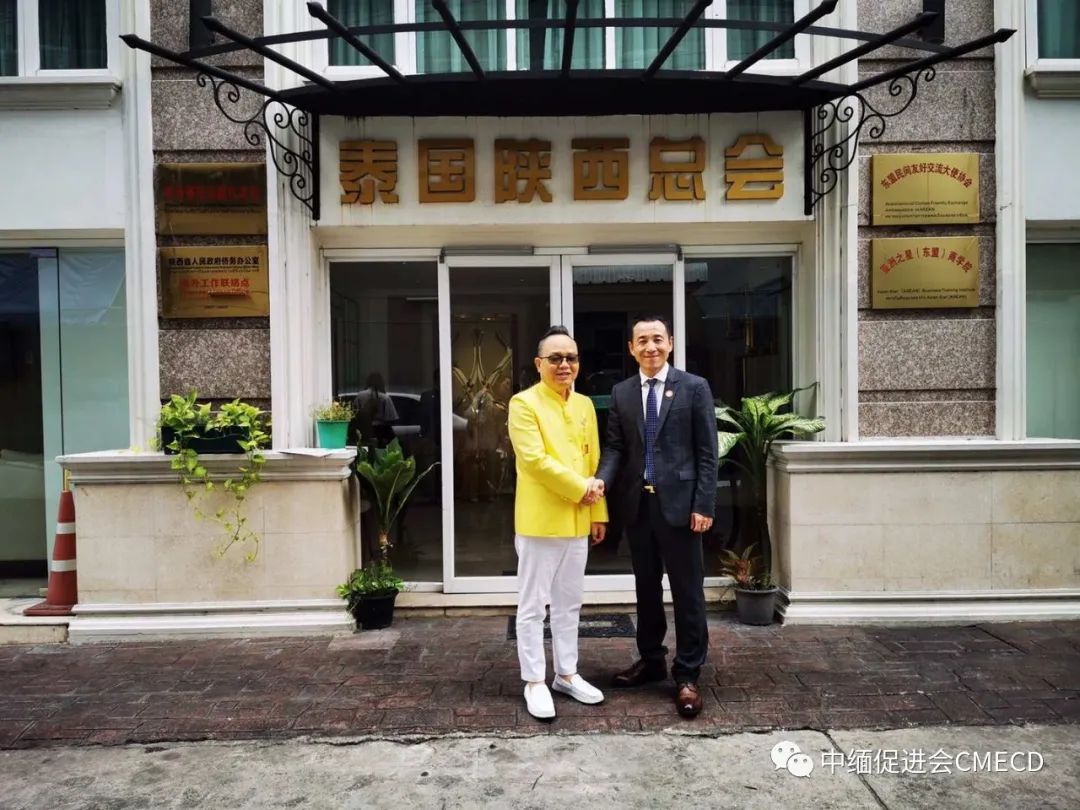
In June, the Myanmar government formed a tribunal to investigate illegal activities in the Chinese-investor-backed city project. But so far, the tribunal has yet to take action, its investigation likely stalled by COVID-19.
Busy bosses at IHG
Yatai IHG’s management, on the other hand, continues its gambling operations in the new city in spite of the coronavirus lockdown. Recently, both Thai and Chinese citizens were arrested in Mae Sot by the Thai border police after entering Thailand illegally. (Thailand has increased its border security after seeing the rise of COVID-19 cases in Myanmar.)
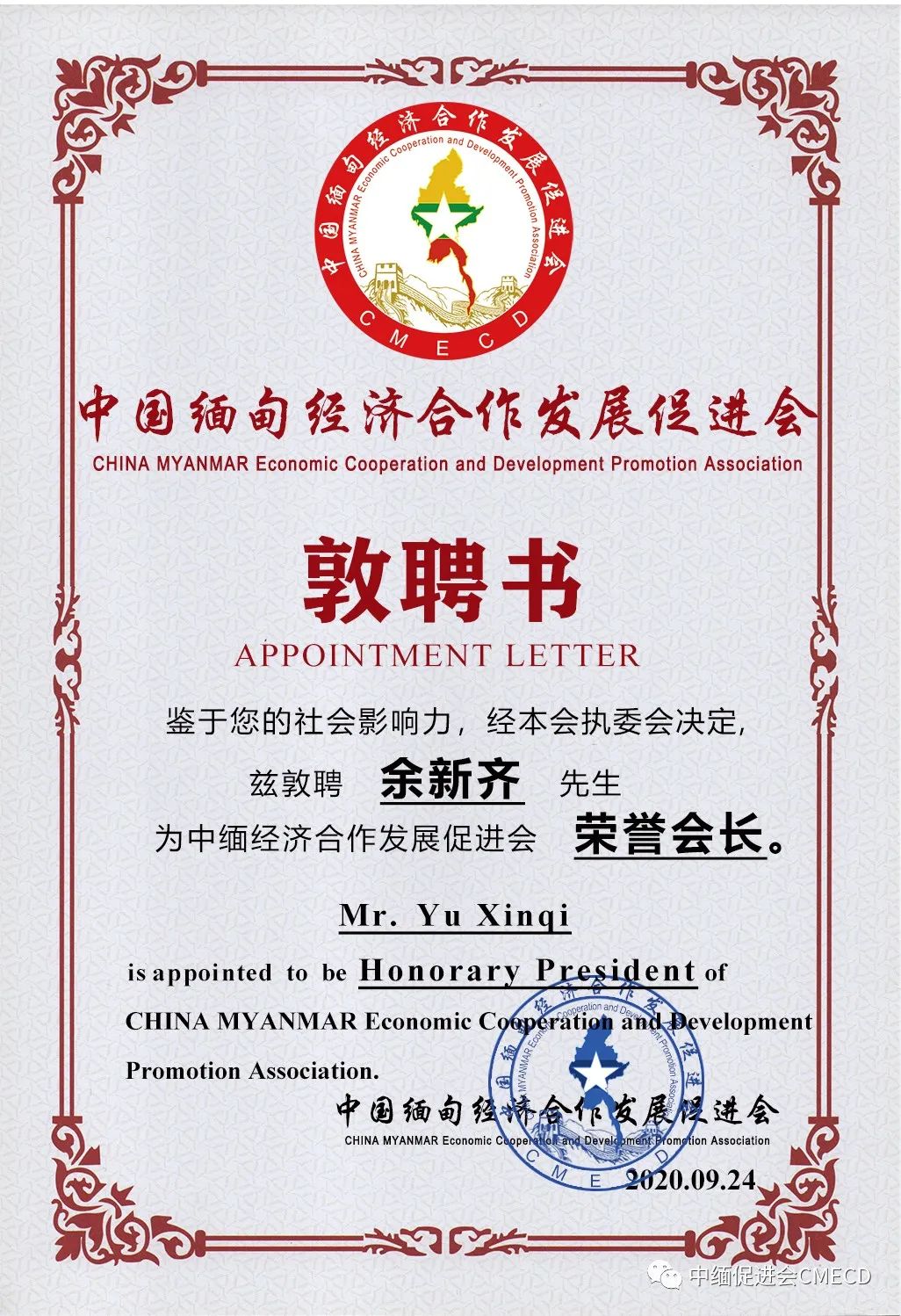
Those arrested confessed to having worked at casinos within Yatai New City. Their testimony indicates that both online and traditional casinos are still operating in Karen State.
The Myanmar government has struggled to obtain the details of these operations, apparently because the notorious Border Guard Force leader and known human rights violator Col. Chit Thu refuses to cooperate. If it is true that neither the government nor the military can enter and inspect the Shwe Kokko project area, it demonstrates yet again how the gambling project has undermined Myanmar’s sovereignty. Government spokesman U Zaw Htay indicated at a press conference in July that the government is unable to gain access.
While Thai border authorities have arrested workers from Yatai’s casino, the casino’s senior management has been able to cross the Thai-Myanmar border without any difficulty. On Aug. 3, Yatai International Holding Group chairman She Zhijiang (a.k.a. She Lunkai) and executive director Ma Dongli emerged in Bangkok only weeks after Ma appeared in Shwe Kokko with a group of influential monks at an event titled “Stand Strong Shwe Kokko.” It is still unclear how they traveled to Bangkok legally with the lockdown and border closures between the two countries in place.
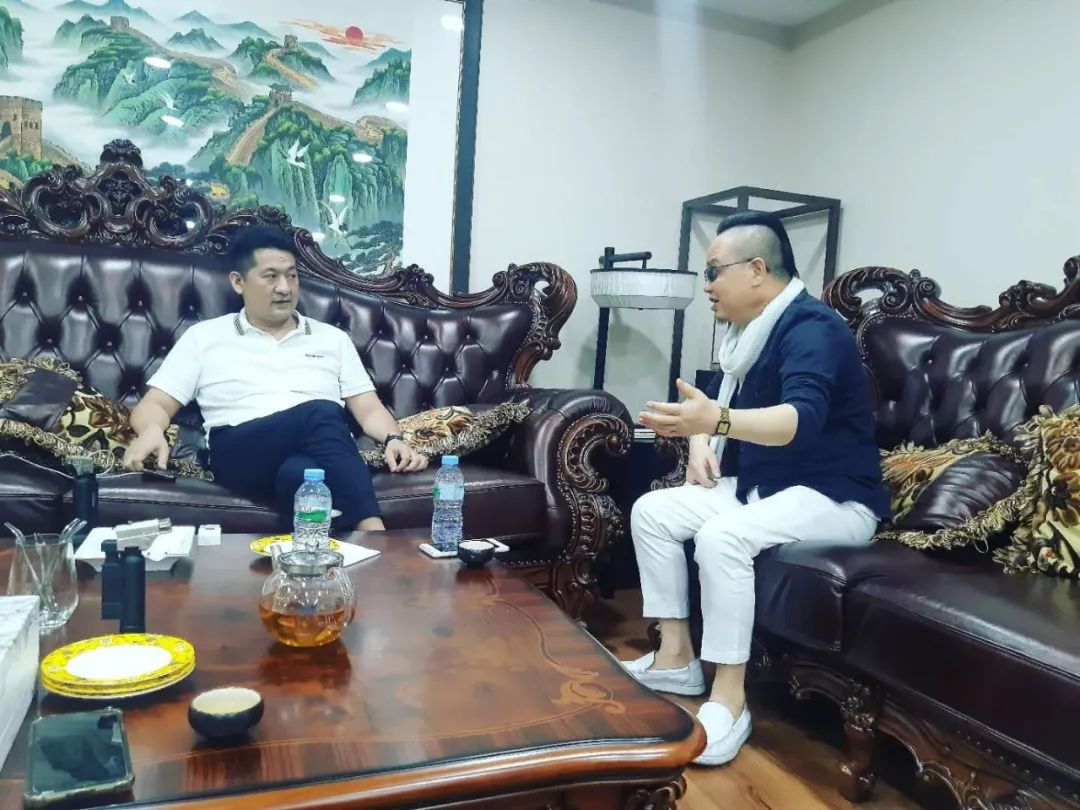
In Bangkok, where Yatai IHG maintains a massive headquarters in the city’s bustling Huai Khwang district, they received one Yu Xinqi, who is the president of the ASEAN Zhigong Party, the ASEAN Shaanxi Overseas Chinese Federation and the Thailand Shaanxi Association. Yu also purportedly holds dozens of additional titles, including representative of China’s Shaanxi Province to ASEAN and even “supervisor” to the Xian Bureau of Public Security.
Sporting a short Mohawk haircut, dark sunglasses and traditional Thai clothing with a variety of decorations that appear to be from the royal family, the Thai Sangha and the air force, Yu claims to have lived in Thailand for the last 30 years and boasts of his Chinese citizenship, his patriotism, and his support for mainland China’s Zhigong Party.
The Zhigong Party is one of the so-called democratic parties that play a supporting role to the Communist Party of China. Overseas, the Zhigong Party is closely associated with secret Chinese triad associations, including Hongmen and Tiandihui—both of which have become deeply involved in illegal gambling, blockchain and cryptocurrencies.
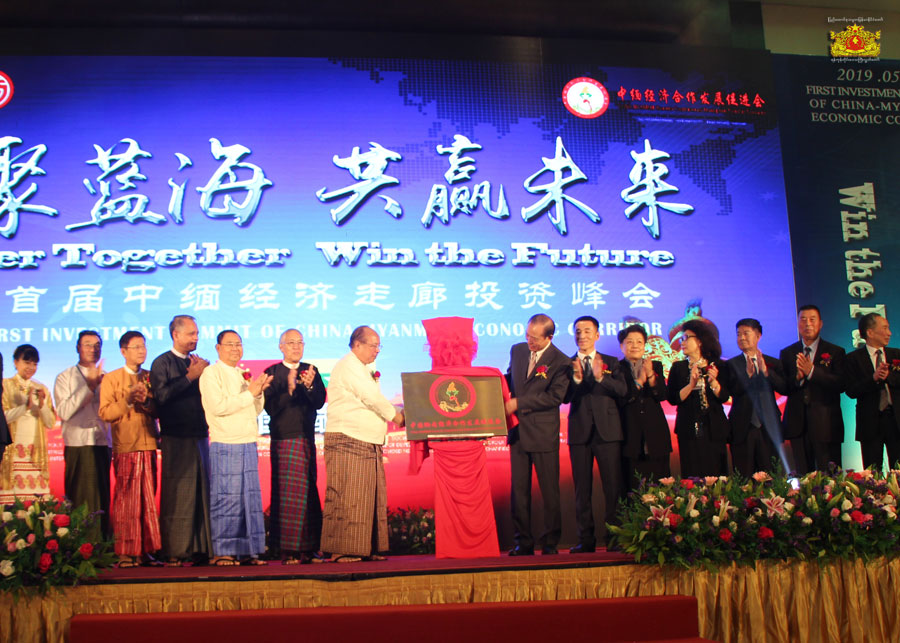
Following their meeting, Yatai chairman She and Yu issued public statements announcing that they will engage in deep collaboration in advancing the cause of the Yatai New City project in Shwe Kokko. Yu vowed to visit Shwe Kokko as soon as COVID-19 restrictions are lifted.
For his part, Yu is a big promoter of gambling projects across Southeast Asia. In October 2019, his Thailand Shaanxi Association began promoting the Sihanoukville Holiday Manor and Entertainment Complex in Cambodia, which includes 90,000 square meters of commercial space dedicated to “entertainment and gambling.” Dozens of other posts promote investment in casinos in the Cambodia-Thai border areas, claiming that Cambodian Prime Minister Hun Sen is strongly in favor of such investments. That’s in spite of the prime minister’s directive dated Aug. 18, 2019, which brought an end to online gambling in the Kingdom.
CMECD connection
Fast-forward two weeks ahead, and Yu has suddenly been named honorary president of the China Myanmar Economic Cooperation and Development Promotion Association (CMECD).
In May of 2019, CMECD was launched officially at a flashy ceremony attended by numerous Myanmar government officials. The organization claims to have been granted approval by multiple Myanmar ministries to play a key role in advancing economic, political and cultural ties between the two countries. Its establishment coincided with the first summit on the China Myanmar Economic Corridor held in Yangon.
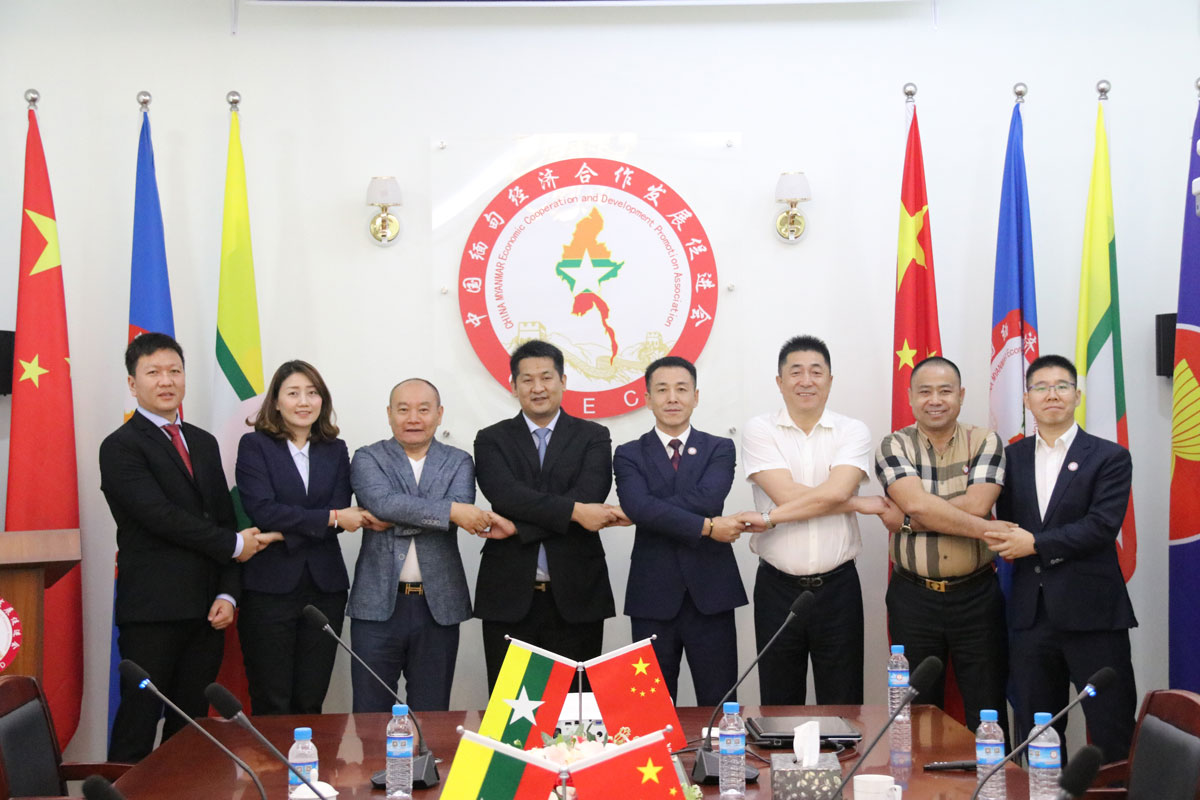
CMECD’s founder, Li Fuquan, was on hand for the 2019 event and presented gifts to senior government officials. He even managed to land himself a photo op with State Counselor Daw Aung San Suu Kyi at the June 2019 event in Naypyitaw.
CMECD maintains a database of investment projects across Myanmar, including a range of industrial zones and plantations. Included are the Paliek Industrial Zone, the Thabeikkyin Plantation and Farming Zone Development in Mandalay, and projects across Karen and Kayah states, including in the former’s Myawaddy Township.
Unsurprisingly, over the past year, CMECD has also become an ardent promoter of the Yatai New City Project. It has hosted She and Yatai IHG on multiple occasions and plastered news about the company’s positive contributions toward eliminating COVID-19, and developing Karen State, all over the Chinese WeChat space.
The appointment of Yu to the new role raises many questions. First, why would a Thailand-based Chinese businessman with no experience in Myanmar be given such a role? Was Yatai IHG involved in this appointment? What are CMECD, Li and Yu’s plans for the Yatai New City project?
If the Yatai IHG group is under pressure, is Yu’s appointment as honorary president of CMECD a final effort to build a positive reputation for itself in Southeast Asia, perhaps by co-opting and corrupting officials across the region?
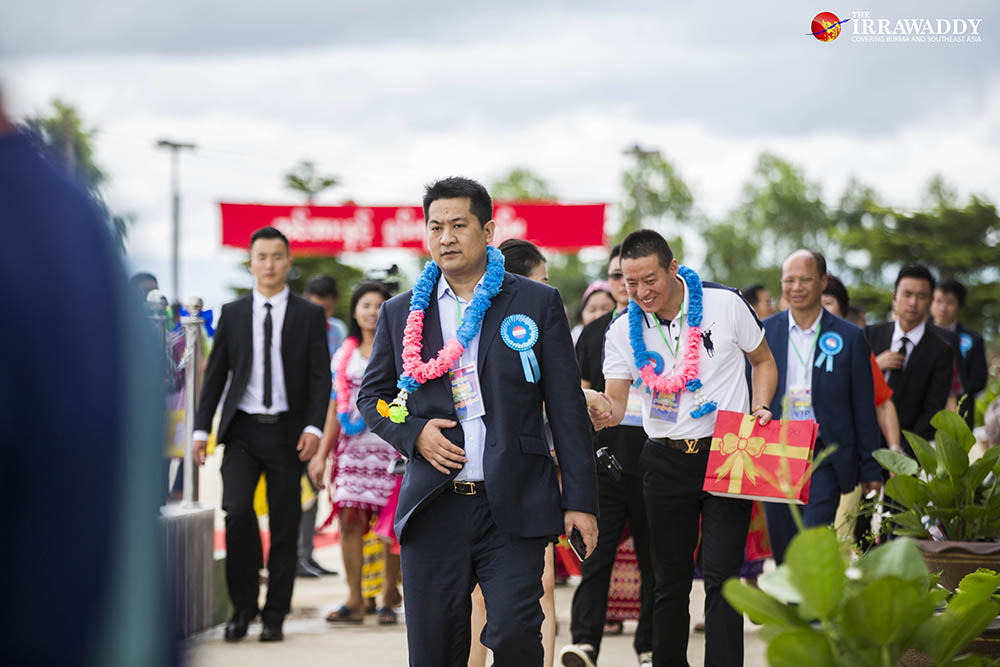
Yu is said to be well connected in Thailand and beyond. He announced on social media that he had returned to China for an elaborate set of meetings just days before receiving the appointment as honorary president of CMECD on Sept. 24. His announced schedule included meetings and activities with the Shaanxi Office of the United Front, as well as provincial government and party leaders, and a ceremony marking the establishment of a new “Shaanxi-ASEAN Friendly Development Promotion Association.”
Business as usual
Following the Chinese Embassy’s announcement in August, Yatai IHG released a bizarre statement on its WeChat Public Account providing an update on the status of the project, saying, “This project is not the act of the Chinese government, but is still in service of the Belt and Road Initiative [BRI].” This represents a downgrading of its previous claims that the Shwe Kokko project was formally part of the BRI, Beijing’s vast network of infrastructure projects envisioned for Asia and beyond.
Apart from the BRI claim, Yatai IHG said the company was not involved in gambling or related industries, although the investors are accused of engaging in illegal casino activities in Cambodia and the Philippines. At the same time, the statement goes on to say that the company “has determined” to give the casino sector a try, after the Myanmar government recently completed the process of legalizing foreign investment in the gambling industry.
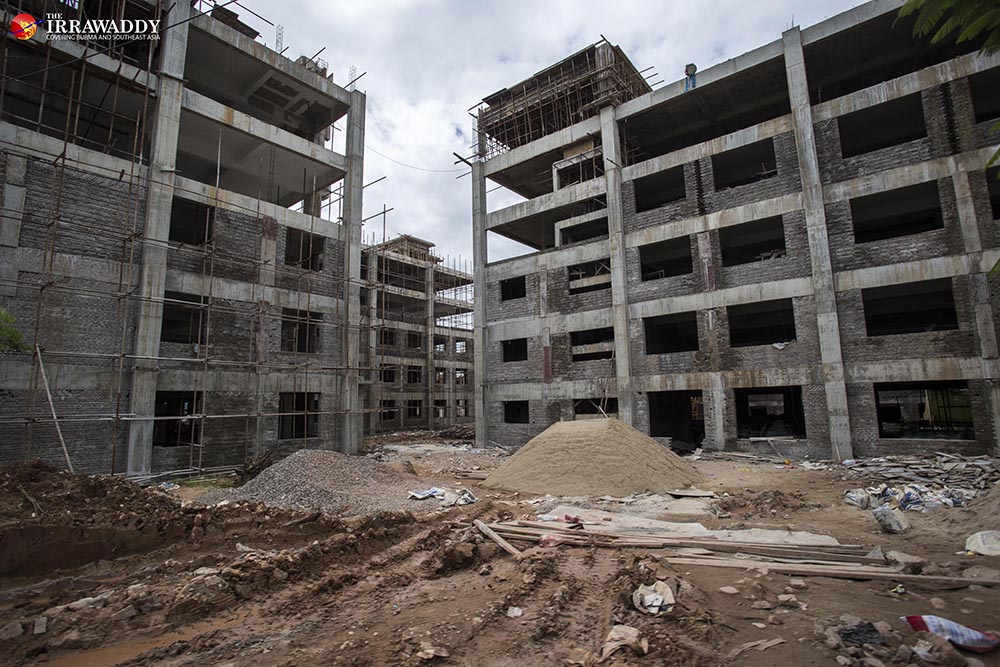
Yatai IHG’s statement comes after the Myanmar government’s establishment of a tribunal to investigate the project in response to local complaints of irregularities, such as the fact that the project now exceeds its approved scale. The tribunal team has been unable to visit the site, however, due to COVID-19.
However, Shwe Kokko is still operating and construction projects are ongoing.
Because Myanmar has seen a spike in new COVID-19 cases, in late September Thailand’s Department of Disease Control (DDC) remained on alert and Thai newspapers reported that patrols had been increased along the Thai-Myanmar border. DDC director-general Suwannachai Wattanayingcharoenchai told the Bangkok Post that Thai “business operators should stop hiring foreign workers, especially Myanmar people, to help prevent a second wave of COVID-19 infections in Thailand.” The DDC chief said that “tough legal action will be implemented against those found to be involved in human smuggling gangs”.
But in reality, the Thai budget airline Nok Air flies between Bangkok and Mae Sot three times a day and there is no shortage of passengers on each flight. Businessmen, high-end gamblers, the management of Yatai IHG and its Thai staff still cross the border area controlled by the Karen Border Guard Force and are then escorted to Shwe Kokko—Karen State’s new gambling city.
You may also like these stories:
‘New City’ on Thai-Myanmar Border Part of BRI Despite China’s Denials, Developer Claims
In Myanmar’s Karen State, Ex-Insurgents Create a Haven for Chinese Casino Bosses
China Backs Myanmar Probe of Controversial Border ‘New City’ Backed by Chinese Investors

















